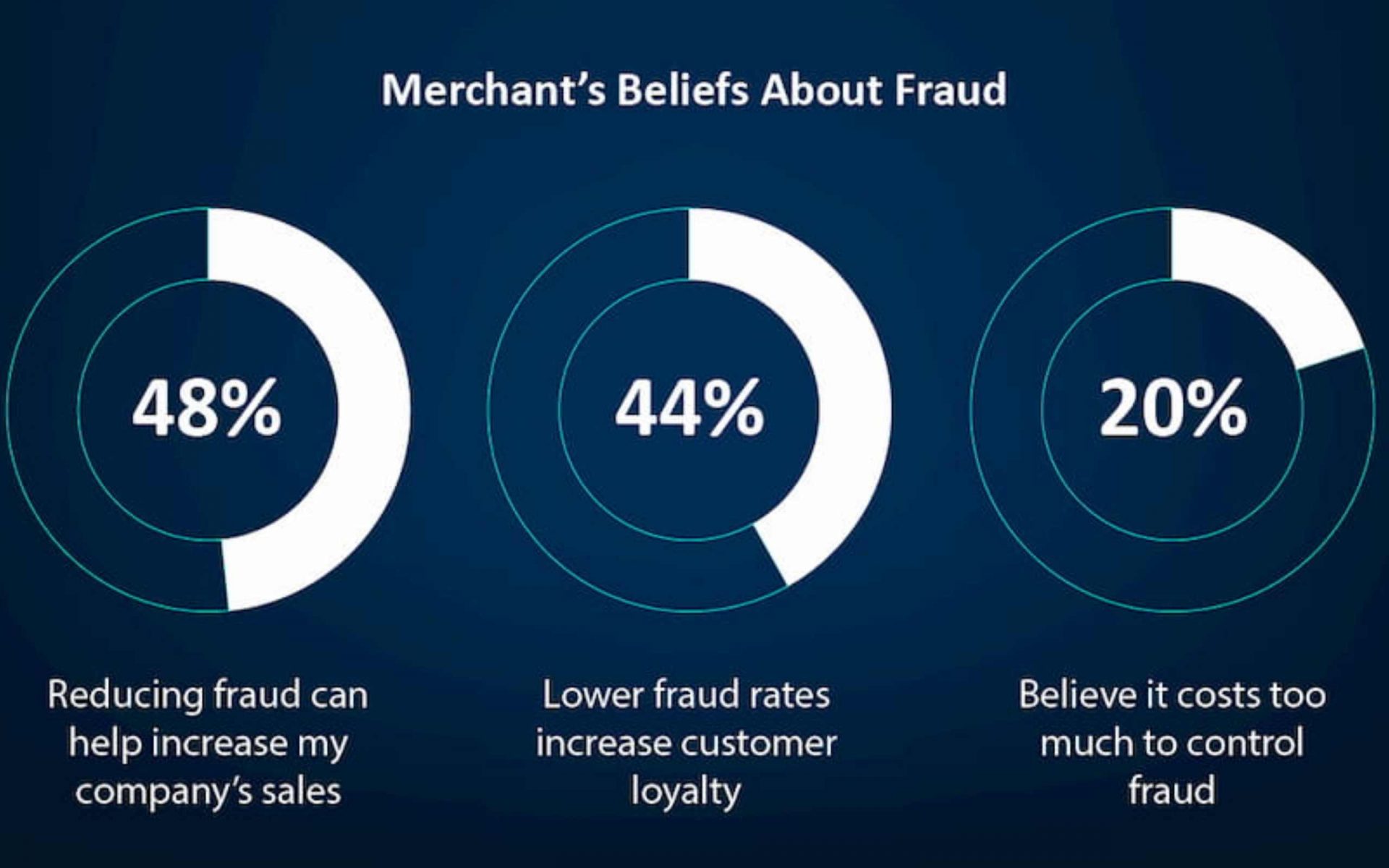The business world is rapidly discovering the power and potential of big data. Today’s businesses have unprecedented access to data. Business performance, Market trends & Customer profile etc. help develop products and service offerings.
Data or Big data is categorized in two ways. Structured (captured data) and Unstructured (all other data including – customer feedback data). As companies embark on their digital journeys, technological investments must be customer focused. Data and insights may be kept open for customers input – for the best impact.
The insurance sector is a splendid example of how change can occur. Insurance firms are currently in a great position to use advanced data analytics. Their statistics are both people-centric and data-rich. Insurance primarily focuses on risk management, data is crucial in mitigating risks. Thus, assisting companies in making smarter and more rational business decisions. There are many ways in which they can incorporate data, to name a few:


Improved fraud prevention results in a shorter Claim period
When it comes to approving claims, fraud prevention is the key. Insurers can avoid payouts for false claims by being able to detect contradictions.
Fraudsters are getting advanced and can now exploit many rule-based fraud strategies. Insurers can diagnose fraud more accurately by using predictive analytics. Use cases can be predicted through Artificial Intelligence (AI) & Machine Learning (ML). It enables greater transparency and seamless fraud detection. Organizations use predictive analytics for an efficient mix of simulations, and anomaly detection.

Sales teams become agile and sensitive
Insurance sales representatives need fast & accurate access to client information. Traditional sales solutions are just not equipped to handle such complex needs.
Legacy systems are unable to provide insights into individual customers – on demand. Thus, organizations have begun using BI apps for their sales enablement needs. Mobile access with modern BI tools empowers sales teams with necessary insights. These insights help boost productivity and deliver a competitive edge.

Customer insight and management
In-person contact with customers has reduced since the onset of Covid-19. Thus, insurers must make the most of any consumer interaction. Slackness in customer service will lead to a loss of market share and profitability.
Businesses achieve a deeper understanding of consumers’ needs and behavior by analyzing data. Customers’ tastes, lifestyles, call-center experiences help to strengthen ties with them. Also, such customer-centric practices demonstrate management’s focus. Such close relationships enable Insurers to provide highly relevant and customized offers.

Intelligent underwriting and claims process
The claims process is typically an insurer’s single highest cost. Thus, it is essential to make it as efficient and effective as possible. Underwriters peruse through notices from adjusters, fraud lists, and information from databases.
Underwriter figures’ consistency is crucial to an insurance firm’s success. If incorrect, the company risks being highly priced or may incur losses from excessive claims.
Underwriters’ ability to assess consumer credit background & risk is bolstered by efficient analytics. Adjusters evaluate information such as regulation specifics, police records, damage frequency, and severity. Further social networking offers a vibrant and personalized user database, in almost real-time. This can lead to smarter targeting & innovative product offerings as desired by customers.
Near future, technology and big data will significantly impact the insurance sector. Modern analytical approaches will enhance and complement a company’s digital strategies. This will assist in decision-making leading to improved performance, visibility, and simplified processes. Data analytics can provide a strategic edge with the right policy, infrastructure, and governance in place!

